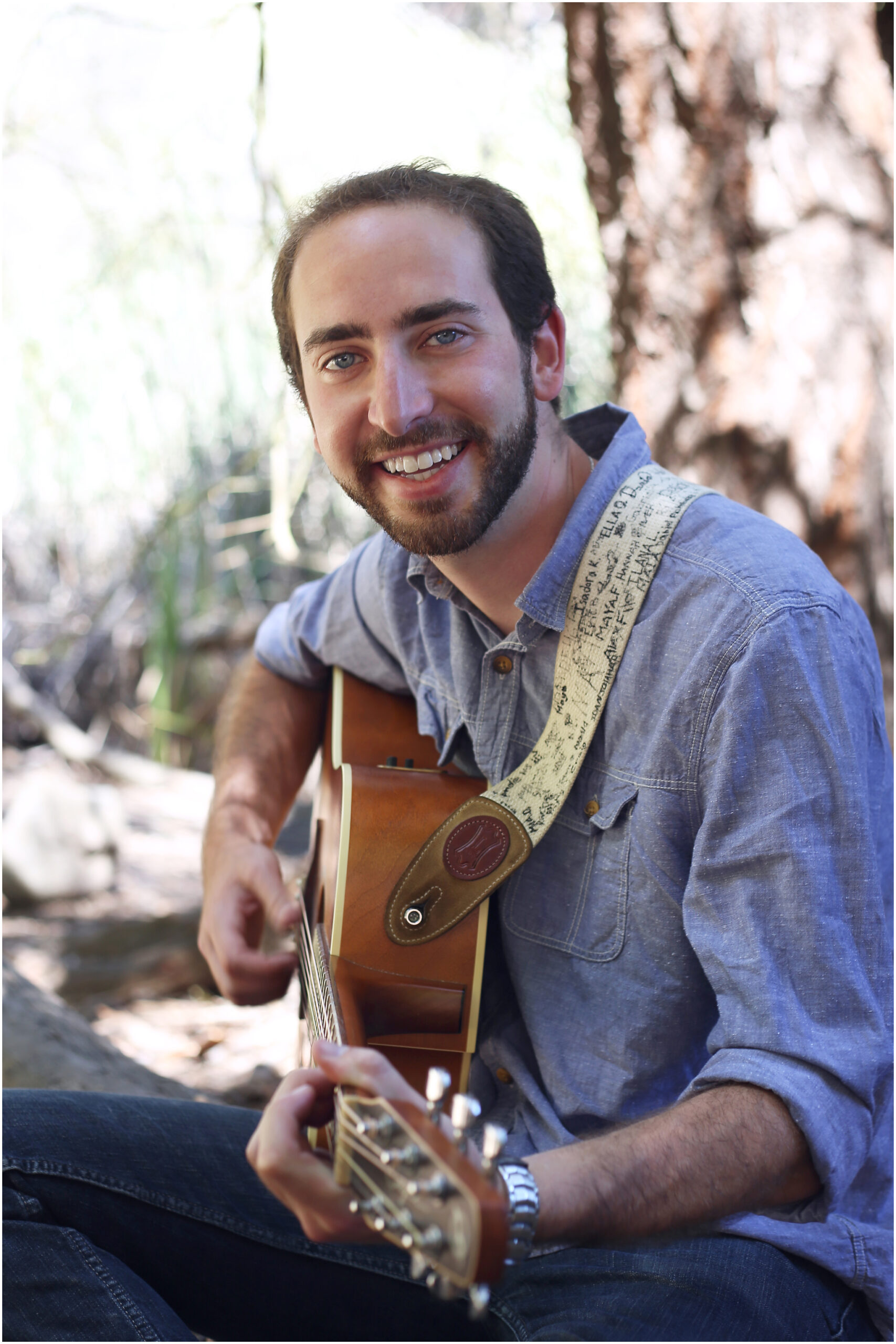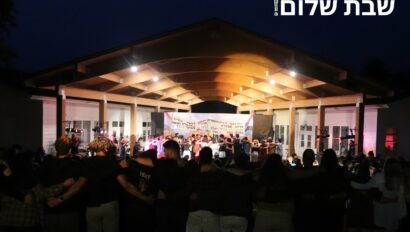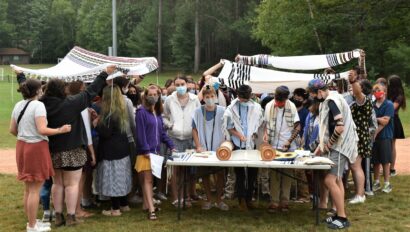Please enjoy a d’var Torah this week by 2018 Rosh Omanuyot Habamah (Head of Performing Arts) Josh Warshawsky. A lifelong Ramahnik, Josh has been a counselor, Rosh Shira, Rosh Aidah and Rosh Tefillah. Josh is currently in Rabbinical school at the Ziegler school of Rabbinic Studies in Los Angeles, and he has spent the last three years as the artist-in-residence and music specialist at Temple Beth Am and Pressman Academy in Los Angeles, CA. Josh inspires and engages Jews across generations through music and teaching. His second album “Mah Rabu” features such hits as “Mah Rabu,” “Kol B’Ramah,” and “V’ahavta,” which can be heard at Ramah and URJ summer camps as well as at NFTY and USY conventions across the country.
The Work Ahead: Reflections on Vayikra
by Josh Warshawsky
“לא עליך המלאכה לגמור ולא אתה בן חורין להבטל ממנה”
“Lo alecha ham’lacha ligmor, lo alecha ligmor! V’lo ata ben chorin lehibatel mimenah, v’lo ata ben chorin!”
It’s impossible for me to read these words from Pirkei Avot (The Teachings of our Ancestors) without the melody we sing at camp filling up my head. “It is not up to you to finish the task, but neither are you free to desist from it.”
Sometimes I think this should be a mantra for anyone working on staff at camp. Each summer we come up to Conover, Wisconsin, to create a memorable, engaging, fun, and immersive Jewish experience for hundreds of chanichim (campers). We strive again and again to create a powerful and impactful Jewish experience that will hopefully inspire our campers to live meaningful Jewish lives, now and in the future. At times this task may feel enormous, and each summer feels like a lifetime in and of itself. But we return summer after summer to continue this important work. There is no way we can achieve everything we hope to achieve in just two months, but we return each summer hoping to do just a bit more, even though it might seem like we’ve given so much already.
This seems to be what Moses is feeling as we move from the book of Sh’mot/Exodus into the book of Vayikra/Leviticus this week. A collection of Rabbinic teachings, Midrash Rabbah, shares a fascinating thought: Over the course of the book of Sh’mot Moses has helped take the people of Israel out of Egypt, split the sea, brought down manna to eat in the desert, gave the people food and sustenance, called out for God’s cloud of glory to lead them in the desert, and instructed the people on how to build the Mishkan (portable sanctuary). He thinks to himself, “after all of that, what else do I have left to do?!”
One of the last verses of the book of Sh’mot says, וַיְכַל מֹשֶׁה אֶת-הַמְּלָאכָה / Vay’chal Moshe et ham’lachah /And Moses finished the work. (Ex. 40:33) Moses sat down and thought that he had completed his task. But God had other plans. God says to Moses, “On your life! (I swear!) You better not be sitting down! You have a greater task to do now than everything you did before: you must teach the people the laws of purity!
This is why the book of Vayikra starts, אֶל-מֹשֶׁה; וַיְדַבֵּר יְהוָה אֵלָי וַיִּקְרָא / Vayikra el Moshe vayedabber Adonai eilav / and God called out to Moses and spoke to him. (Lev. 1:1) God called out and told Moses that there was work to be done. And so Moses got back to work.
The work of educating, inspiring, and protecting our children is never completed. And in the process, sometimes we find that they are the ones who are educating and inspiring us. This week I was inspired by the thousands of students who walked out of classrooms all across the country in protest against gun violence. These students took up the mantle of those who came before them and marched with greater urgency than ever before, because none of us are free to desist from this work. It might not be us who finish it, but it is up to us to continue the task, and to march as far as we can.
On this Shabbat as we gather together with family and friends, I pray that Shabbat will bring us a moment of calm, a time to hold each other and reenergize for the work that lays ahead.
Shabbat shalom.






